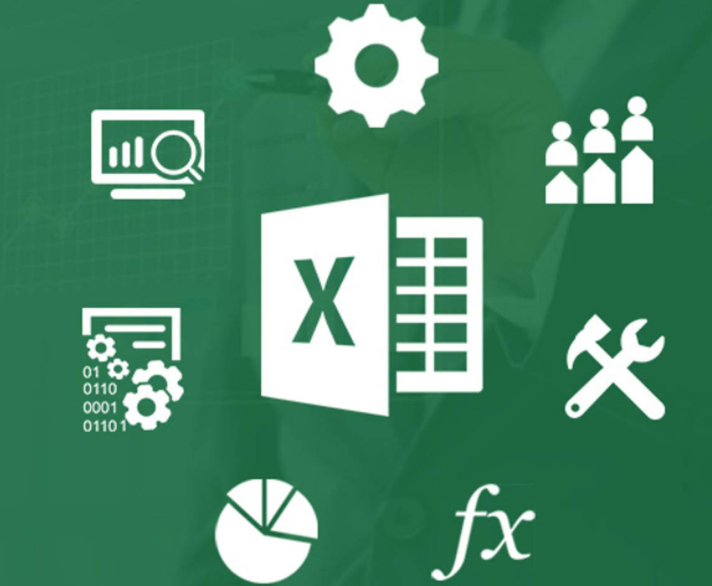Why Must An Event Planner Know Excel?
Excel is one of the most widely used applications in the world today. From students to working professionals, its use and functionality extends to a wide selection of operating systems that have allowed for convenience, accuracy and standardization of presentations.
As an event planner, why do you think it is important to possess a strong set of excel skills?
From analyzing the budget to strategizing event plans, the uses of excel functions for an event planner is countless.
Here are some of the main categories under which the uses of excel can be clearly understood.
Event Planning

1.Delegation of work responsibilities, putting together a skeletal plan of the entire event process and the many roles and responsibilities that need to be catered to can all be managed using various excel functions.
2. With several tools to aid in presentational applications, excel allows an event planner to represent and keep track of various parallel operations in one place.
3.Sharing of data, providing selective editing access and reflecting data on multiple sheets are just some of the ways in which large volumes of data are used by event planners.
4.From creating cost sheets and invoices, maintaining an attendees list and limiting the duplication of work to building an event flow and making an event report, the many ways in which event planners utilize an excel spreadsheet knows no bounds.
Also Read: Why must an event planner learn PowerPoint?
Budgeting

1.Depending on the type of event, the requirements will vary and so will the list of supplies, vendors, F&B contactors and decor planners.
To keep track of all of this and the estimated quotation, maintaining an excel spreadsheet can be of great help.
2. Working long hours and having to coordinate different operational teams doesn’t allow for an event planner to put pen to paper.
Using various excel functions and formulas like the IF function, VLOOKUP and SUMIF along with graphs and pivot tables makes things a lot easier for event professionals working with a large data set.
Organizing the guest list

1. Placement plans are yet another important factor to consider when planning an event and with the help of excel tools, a task of this nature can be made simple, efficient and accurate.
2. Excel as a business tool has gone above and beyond in offering its users a range of functions and event planners are no less.
With the many ways in which to now navigate the tool, event professionals are making the most of this application, utilizing it to capacity and in turn improving efficiency.
As we continue to grow and advance in the field of technology, we can only speculate on the advancements in excel functions and its applications. As event planners, we cannot stress upon its use in our careers any further and hope to continue using it in stride to grow and build the industry to greater heights.
Covered in much more detail in our latest YouTube video by none other than Mr. Arvind Jyot Sabhaney, CEO at team.i his take on the importance of the applications of Excel as an event planner is truly something every aspiring and experienced event professional must watch.
Download our brochure now
Follow team.i on Instagram for more such informational posts.


